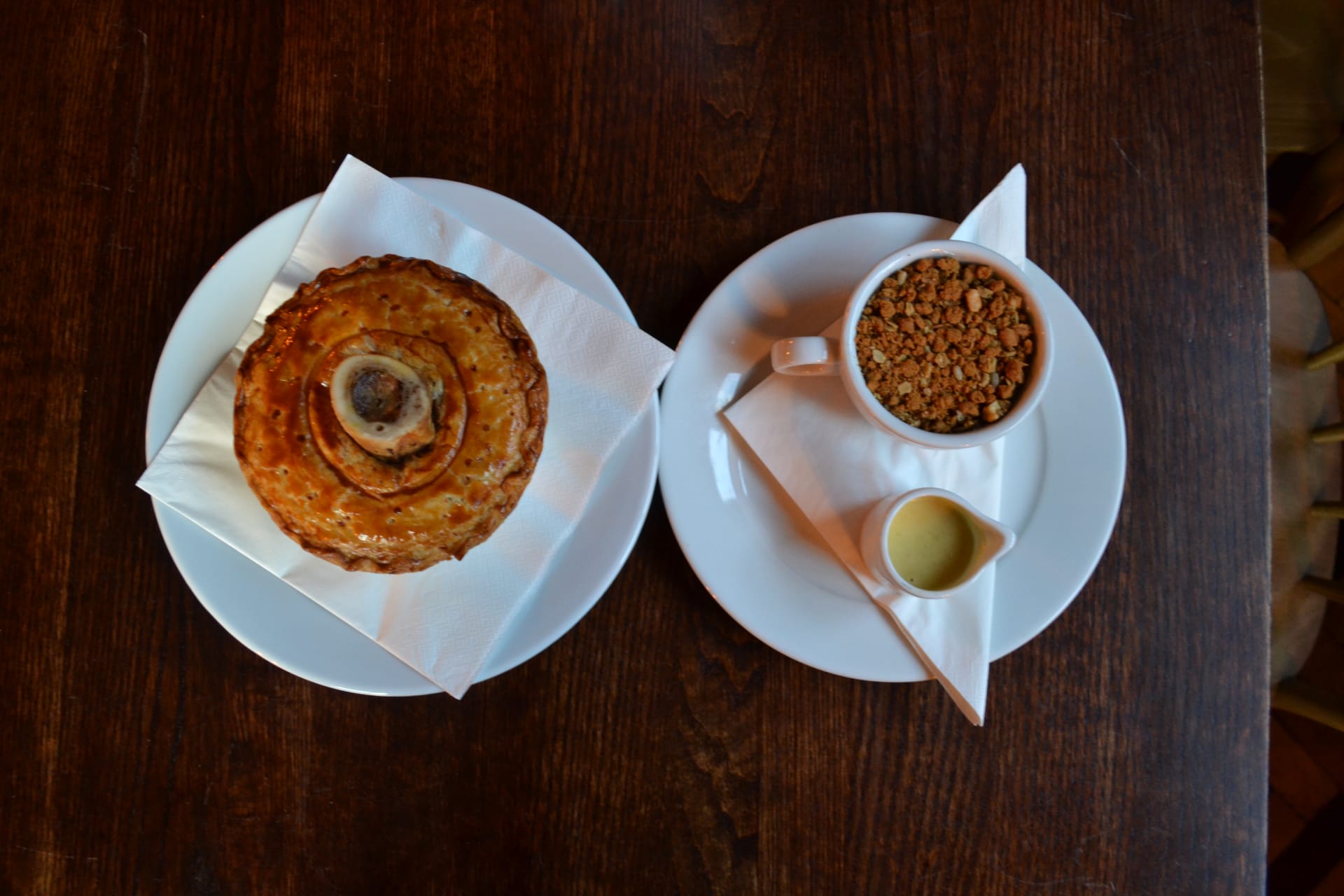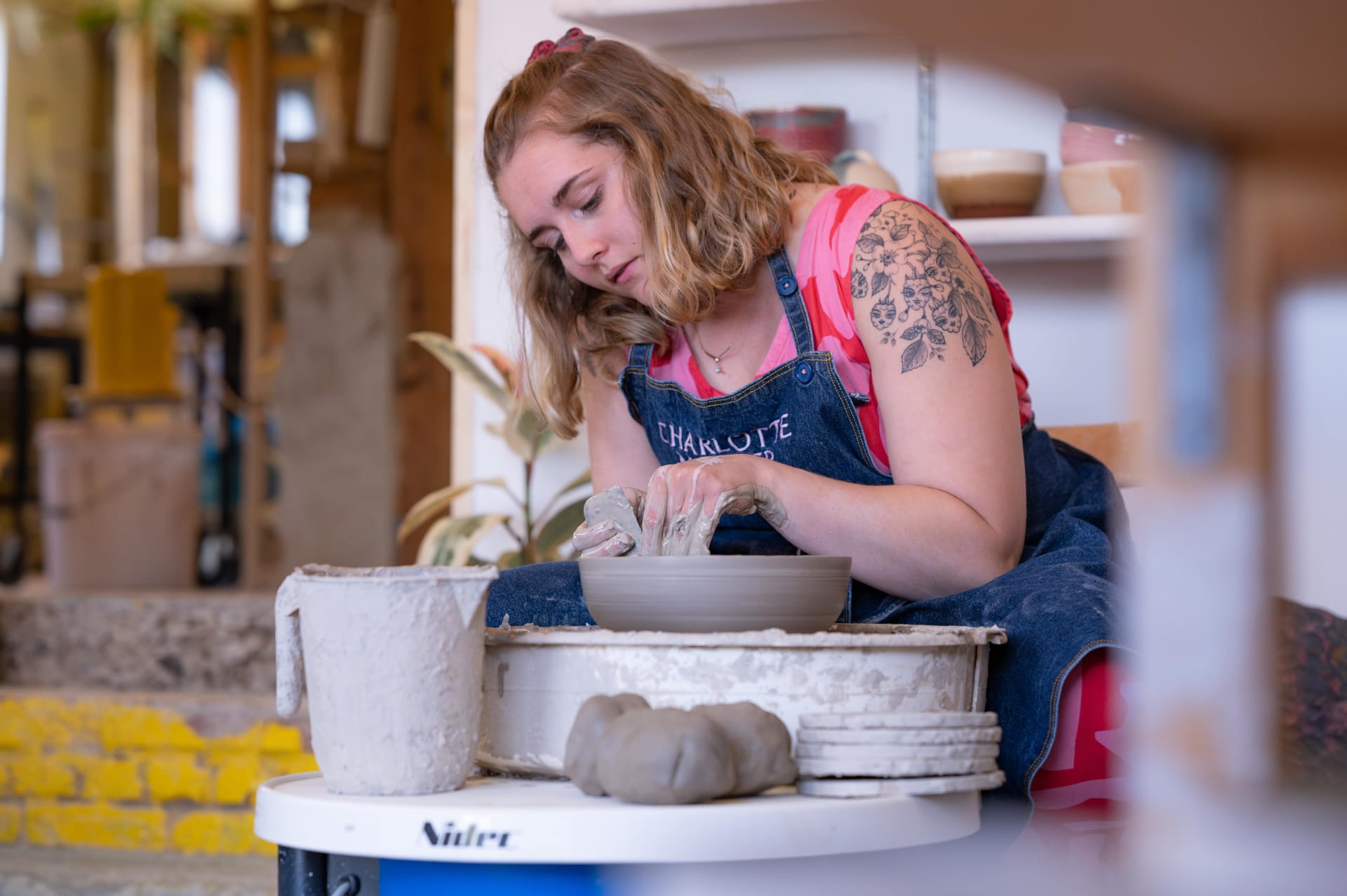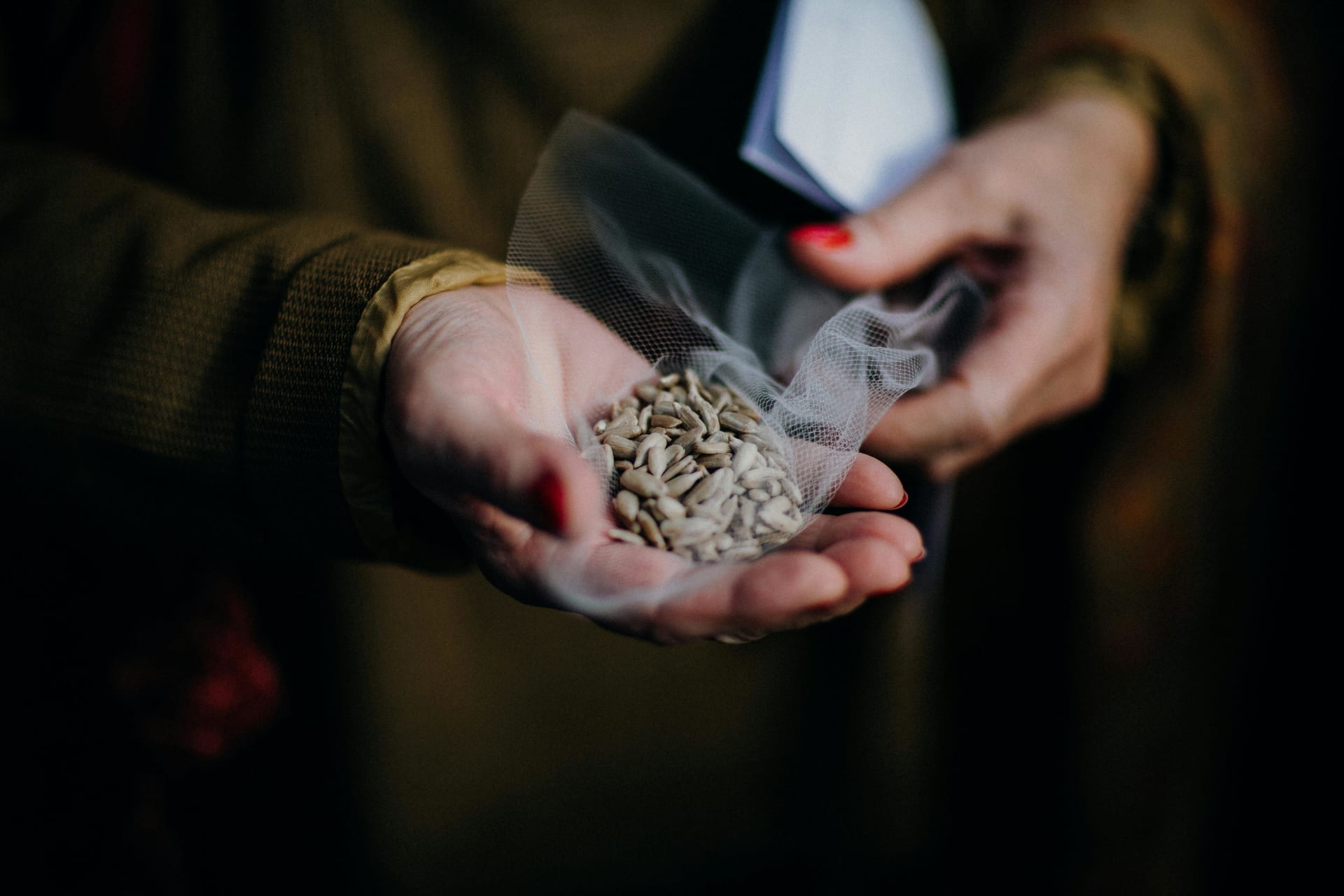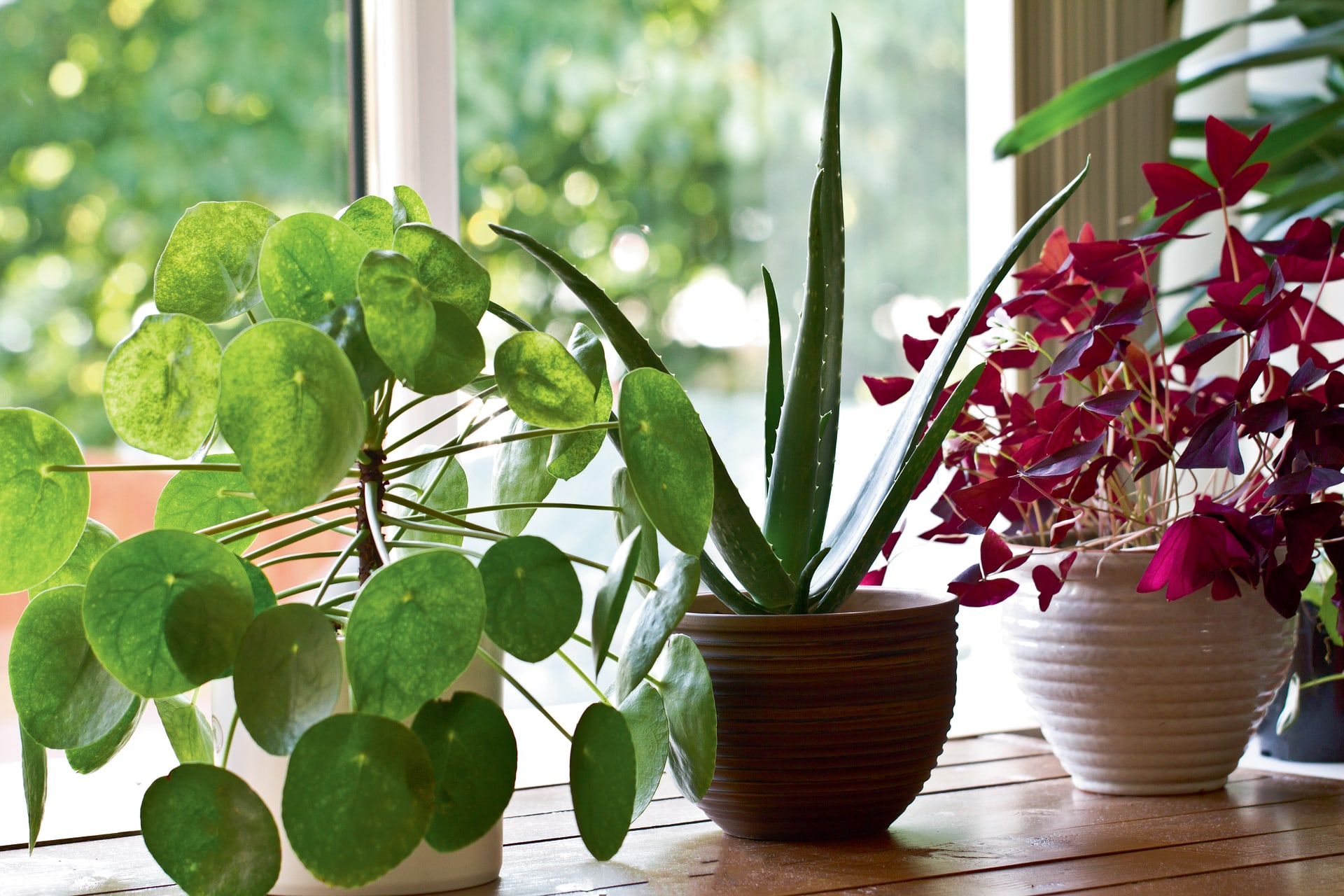Beekeeping is enjoying something of a renaissance, helping with pollination and the environment as well as supplying us with one of nature’s miracle foods. Here’s the buzz…
“If the bee disappeared off the face of the Earth, man would only have four years left to live.” Whether or not Einstein did actually say this, it’s cause for concern: a massive one third of the UK’s bee population has disappeared over the past decade alone due to pesticides, fewer hedgerows, paved gardens and a lethal disease, the colony collapse disorder virus. There are also fewer people keeping bees. In 2015, there were just 270,000 hives countrywide, compared with nearly a million in 1900.
The positive news, though, is that there’s been a resurgence of interest in beekeeping in recent years, with local groups leading the way. Many people keep bees as a way of reconnecting with nature, or to have creatures to care for that are much lower-maintenance than the usual cats or dogs. If nothing else, there’s something intensely relaxing about watching bees quietly fly in and out of a hive. If you’re keen to join these hive minds, here’s how.
In terms of equipment, you’ll need a hive, smoker, bee suit and gloves. The set-up costs of beekeeping can be quite high: up to £600 for the hive and equipment, with the bees costing £200… and it’s not easy to recoup it all through honey! Bees turn nectar into honey for their winter stores; in order to produce 450g honey, 2 million flowers must be visited, with bees flying 88,500km. Although a colony will provide you with about 18kg of honey per year from the end of May to August, a worker bee makes less than a teaspoon of honey in its entire lifetime. It’s a precious resource. A good website to buy bee supplies is Maisemore Apiaries, which has been running since 1953 and offers starter kits from around £400.
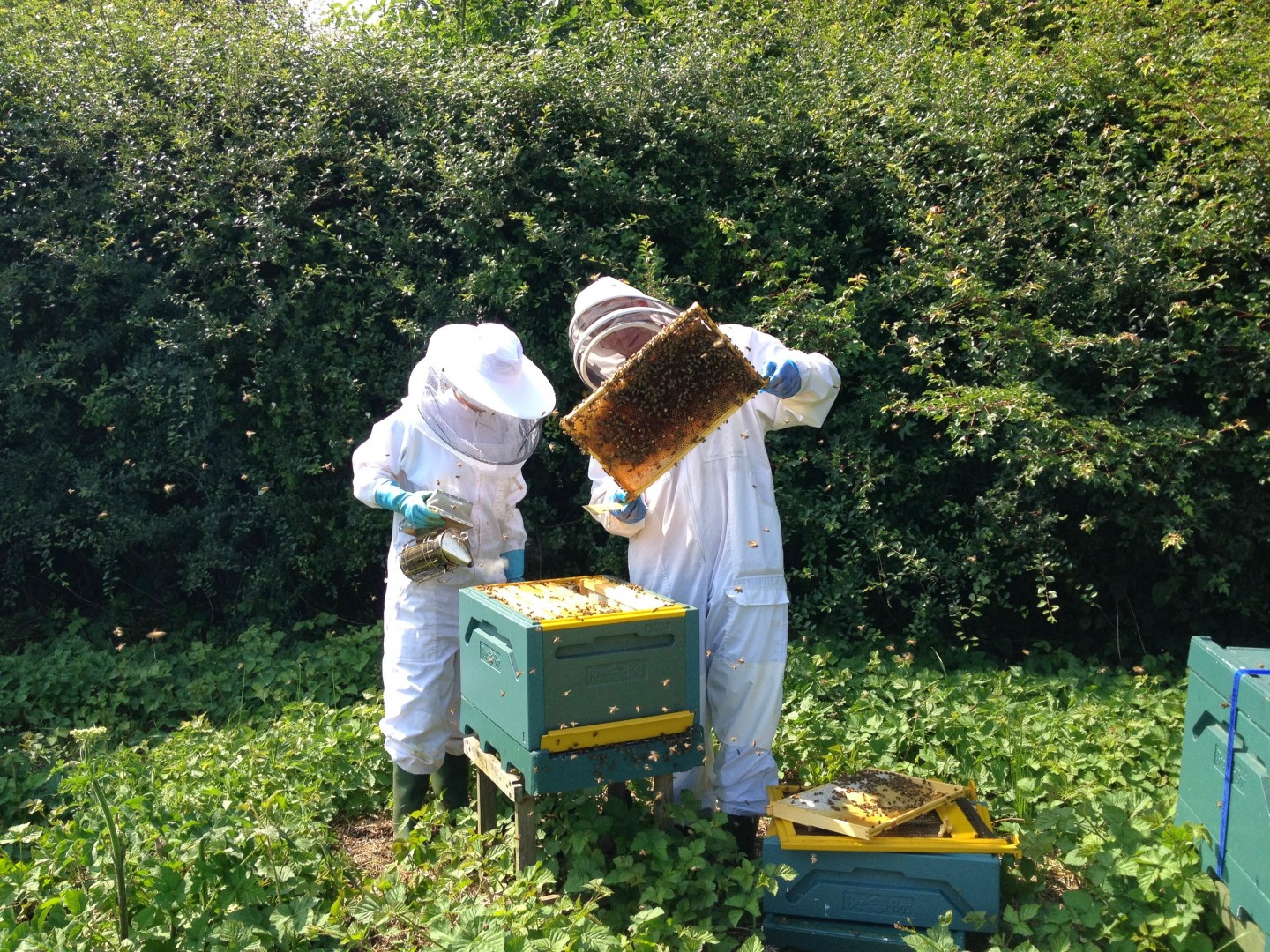
Not surprisingly, the British Beekeepers Association (BBKA) offers advice and local groups, plus its virtual Adopt a Beehive initiative. Locally, too, there are some great initiatives. The Vale and Downland Beekeepers’ Association, founded in 1963, aims “to promote beekeeping and increase public awareness of bees and their importance to the environment”. Affiliated to the British Beekeepers Association, they have a teaching apiary with 14 colonies, and a beginners’ apiary, both near Wantage. The Oxfordshire Beekeeping Association (OBKA) is another good port of call, with regular meetings for its members, offering expert help and support.
Even if you don’t want a hive, why not set aside an area for wildflower planting? As well as being low-maintenance when gardening, it will provide plenty of nectar for bees. A useful website, buzzaboutbees.net recommends planting bee-friendly bird’s foot trefoil, clovers, brambles, comfreys, ceanothuses, dandelions, green alkanet, kale, lupins, cosmos, poppies, pulmonarias, alliums, heather, campanulas, cornflowers, scabious, sedums, nasturtiums, verbenas and zinnias.
Garden flowers such as salvias, lavender, thyme, rosemary, cotoneasters, vegetables, soft fruits and herbs are also good choices for enticing bees, which are particularly attracted to yellow and purple flowers – plant in blocks to provide a one-stop destination for feeding.
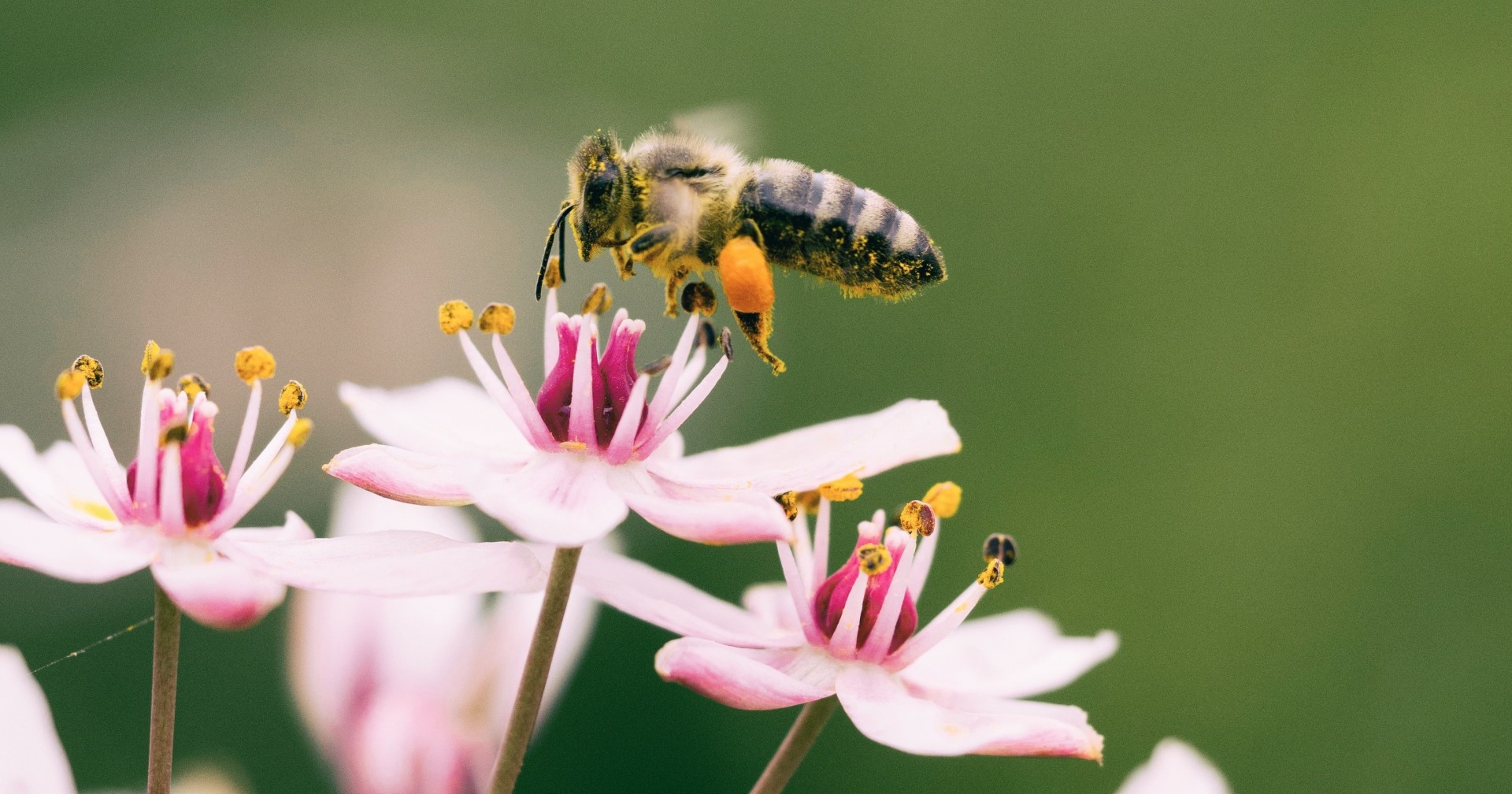
One reason people shy away from bees is fear of swarms – in recent years, a swarm of 10,000 bees landed on shopping trolleys outside a supermarket in Bicester, and a similar one could be seen flying around Witney’s Woolgate Shopping Centre. But two local tech experts have come to the rescue. Norman Guiver and Louis Bennett make and sell honey as a hobby, which prompted them to create an app – Bee. Watch, available at bee.watch – that allows beekeepers, farmers and even local councils to let each other know when they find a stray swarm. The hope is that the app will find a beekeeper willing to come and collect the colony and also let farmers and golf course owners inform local beekeepers when they are using pesticides, as these can kill off swarms. Norman and Louis are currently in talks with Oxford City Council about a contract and have already signed up six beekeeping associations around the country and four farmers in Oxfordshire.
Yet, as well as pollinating crops that are crucial for food production, bees create what, in its raw form, is surely one of the most unchanged, pure and delicious foods out there – honey. Check out local honey available: different flowers and nectar sources make for different colour and flavour which can range from light, floral and citrusy, to rich, dark and caramelly – and even in big cities like London, there is such a diversity of flora that the honey is remarkably light and floral. And, of course, if you’re lucky enough to have a hive, remember that one of the many advantages – beyond protecting the bee population – will be the joy of spooning your own honey over your breakfast yogurt or toast.
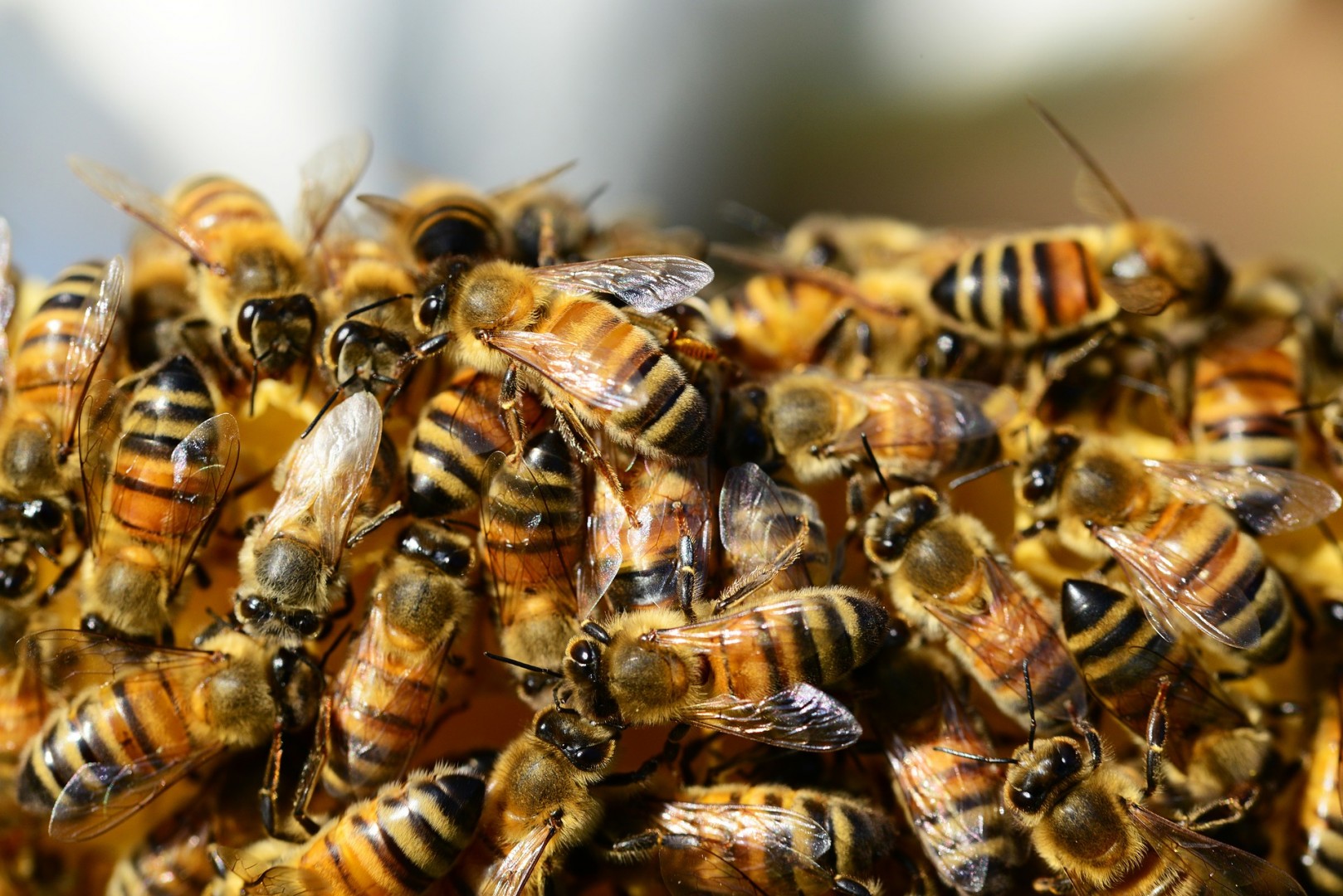
Bee facts
• A honey bee colony consists of three castes: the queen, who is mother to all the other bees; workers (female honey bees) and drones (male bees).
• In addition to honey, bees produce beeswax, royal jelly, pollen and propolis.
• There are 250 types of bee in the UK.
• A colony of honey bees can number up to 40,000.
• The queen bee lives for four years, laying about 1,000 eggs a day in the summer.
• Bees ‘dance’ in the hive – and the direction they dance in communicates to the other bees which direction to fly in. Dancing in circles means there are nectar sources near to the hive.
• Honey is made not for us to slather onto hot toast, but to get bees through the winter.
• If you get stung, you should use your nail to get the sting out as quickly as possible.
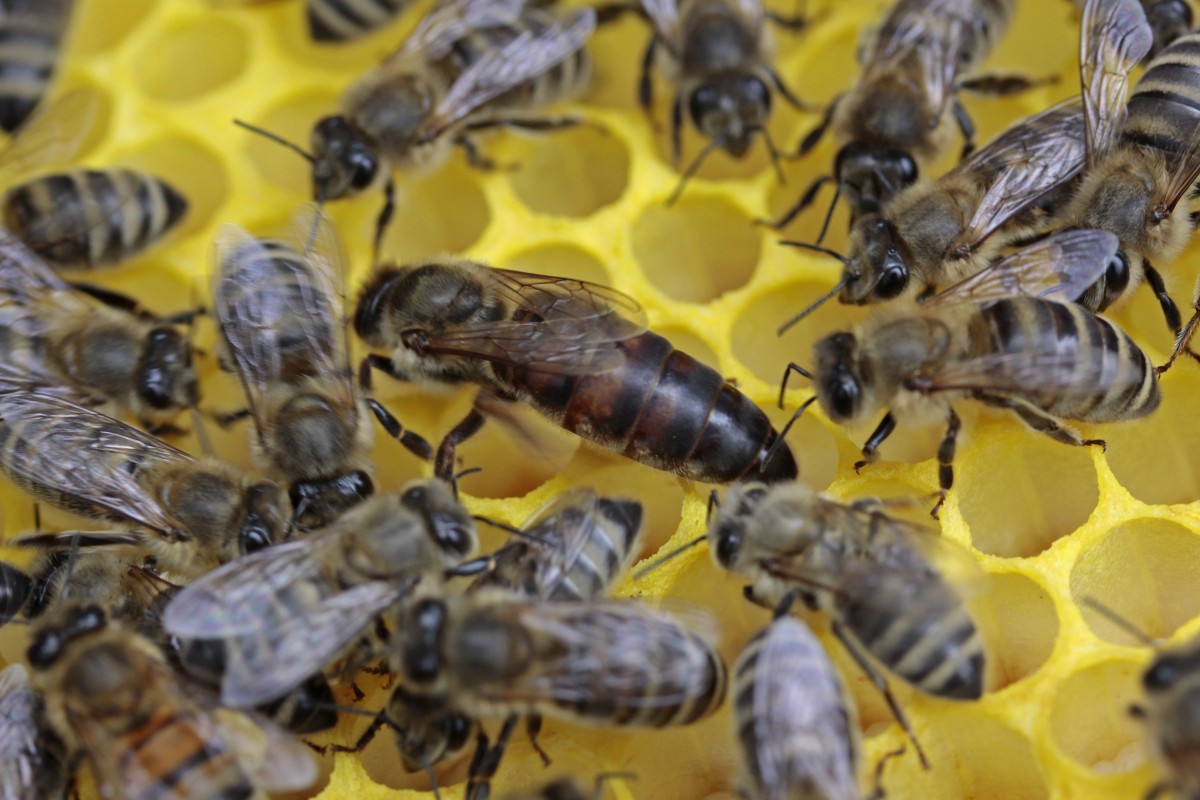
TEN TOP BEE-FRIENDLY TIPS
- Let your lawn grow: wild flowers rich in pollen such as dandelions, clovers, daisies and plantains will thrive.
- Choose a range of flower shapes to suit different bee species, as their foraging methods and feeding techniques can vary.
- Provide water for bees to take back to the hive.
- Ensure all-year-round planting so bees have a constant source of nectar.
- Avoid the use of pesticides and chemical sprays as these are lethal to bees.
- Provide a bee house for solitary bees: make one yourself from a block of wood with holes drilled in it, or bamboo, or buy one.
- Focus on cottage garden flowers, eg. lupins, hollyhocks, lavender, delphiniums, foxgloves, wallflowers, single roses and honeysuckle.
- Encourage your local council to plant pretty drifts of wild flowers in public places: they are low-maintenance and very bee-friendly.
- Buy local honey where possible. Supermarket honey is often blended to a bland standard and, in some cases from outside Europe, might not even be honey at all, but simply sugar and colouring.
- Grow vegetables and soft fruit – they have nectar-rich flowers that bees love.





